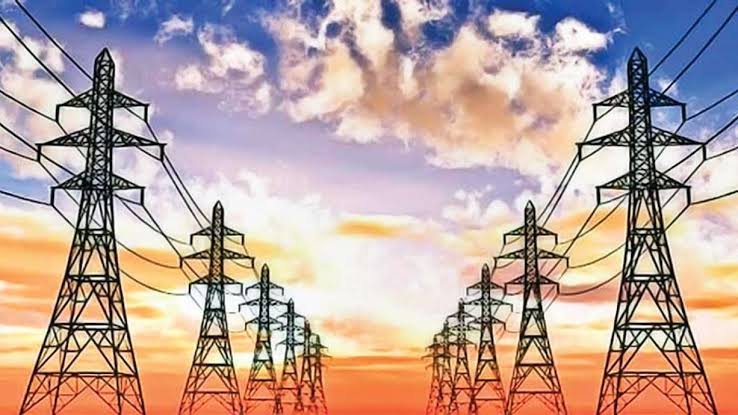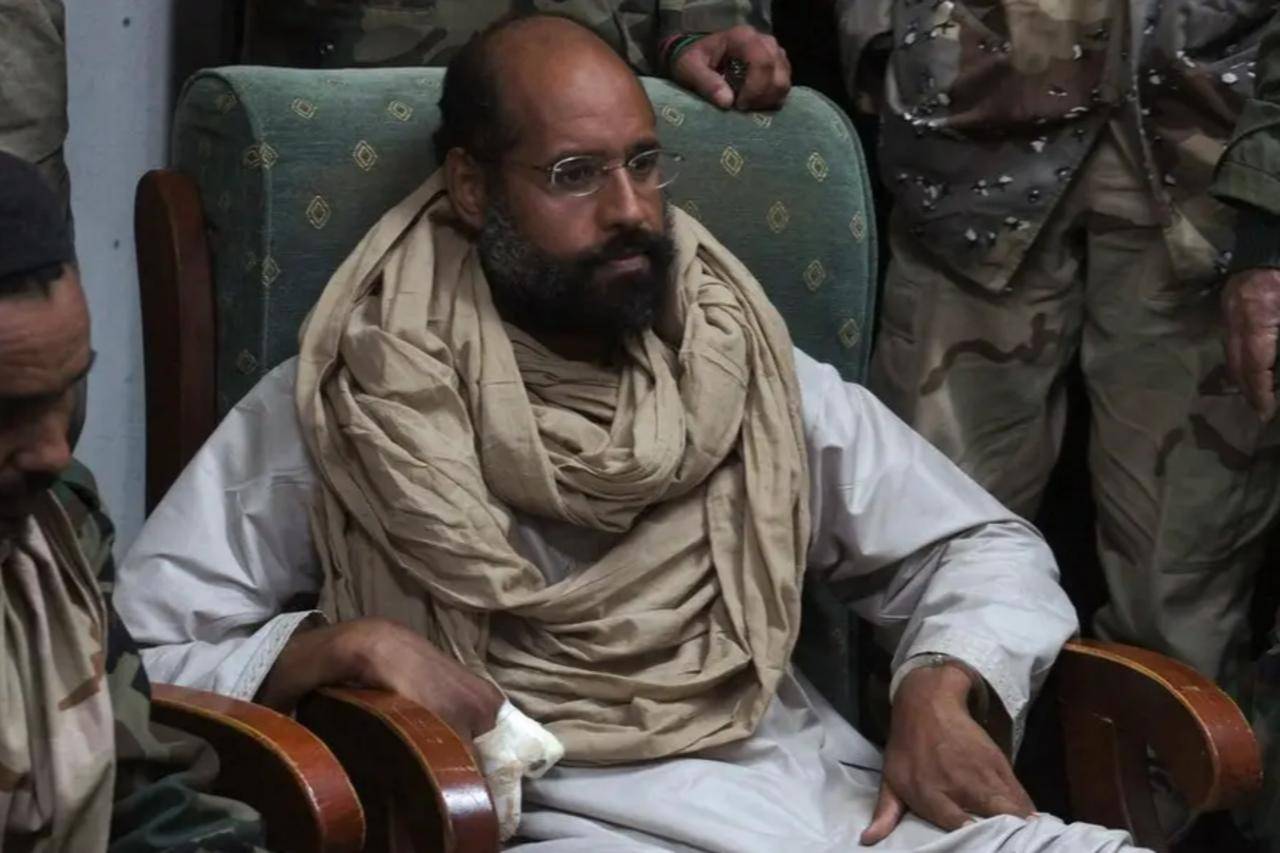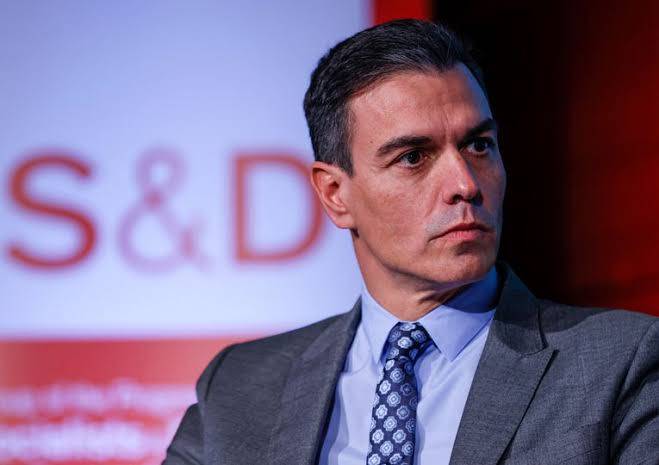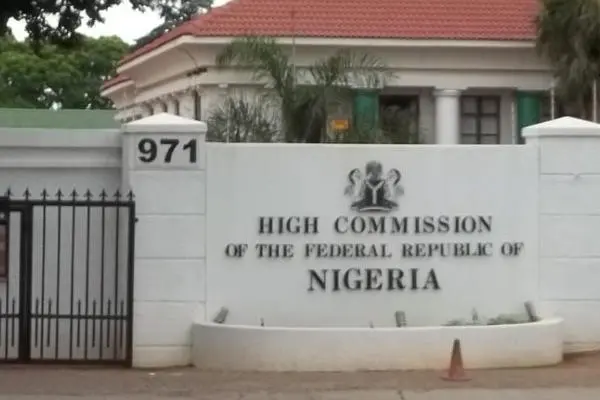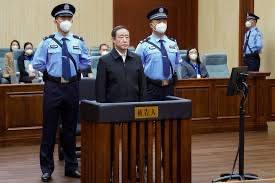By Okechukwu Ebirim Esq
Upon the privatization of the power sector in Nigeria which followed the unbundling of the Power Holding Company of Nigeria (PHCN) into various successor companies, the transmission segment of the value chain was entirely retained by the Federal Government under the Transmission Company of Nigeria (TCN). Thus, while new Distribution Companies and Generation Companies emerged in the power generation and distribution segments of the power sector, nothing changed for the transmission segment.
The key and principal functions of the transmission segment being System Operations and management of Transmission Infrastructure primarily comprising of a vast network of transmission lines and substations remained the responsibility of the Federal Government. This paradigm was perhaps influenced by sentiments which then held sway in the public domain that power generation and distribution were the bane of the Nigerian power sector. This assumption has however been proven wrong with the stark reality of a rickety transmission grid prone to far too frequent collapses which inundates the news for industry watchers and many hapless power consumers.
The expected gains of the power sector privatization have remained far-fetched for Nigerians with many wondering whether the privatization scheme was not entirely a sham. Power supply has remained erratic in most parts of the country with some very significant number of semi-urban and rural areas unable to get any meaningful electricity supply whatsoever. This is in spite of the significant increase in the power generation capacity of the country presently put at about 15,000MW with the transmission grid only able to wheel an upper limit of about 5,500MW to this date. It is quite sobering that a country like Nigeria with a crying need for industrialization and the attraction of foreign investment is unable to provide adequate electricity supply for its teeming population and the investing public. Hence, the country continues to grapple with the incidents of this albatross particularly keeping the country paralyzed with an import-dependent economy. Meaningful economic activities continue to be shipped abroad as the geo-economic advantage of having a large population continues to be lost, with jobs shipped overseas, the few available investors unable to find competitiveness while a teeming population comprising mainly of young people remain largely unemployed and grappling with multi-dimensional poverty.
The reasons for the frequency of grid collapses in Nigeria are lengthy but the trouble lies not in the plurality of the reasons but in the fact that these reasons border on the age old inefficiencies that dog most government run enterprises in Nigeria. These are the very same reasons why the government had to look towards privatization in the first place as a panacea for revitalizing the beleaguered Nigerian Electricity Supply Industry. Suffice it to say that the causes of grid collapses in Nigeria can be compartmentalized into three different levels or categories. While the first category can be termed extra-industry factors, the second category bothers purely on the current organizational structure of the transmission company itself while the final category pertains to industry weaknesses in the generation and distribution segments of the value chain. The interconnectedness of these factors can however not be overemphasised considering that the power sector is very cyclical in nature as what affects one segment of the value chain also negatively impacts the others.
The first category in the class of factors contributing to constant grid collapses is what we have termed extra-industry factors. These are factors that are induced from outside of the electricity sector itself. These factors include: gas supply constraints and volatility of gas pricing affecting thermal power generation plants, drought or low rainfall affecting hydropower plants and vandalization of transmission infrastructure. While Nigeria remains a net exporter of natural gas, gas pricing and availability locally are affected by trends in the international gas market. One dares say that Nigeria has not fully towed the path of protectionism in shielding its economy from the shocks emanating from the international energy markets even as a major supply side participant in these markets. This policy disposition of the Nigerian Government has not done much favour to the generation companies that depend on gas to fire the installed capacity of their generation plants. This has contributed in no small measure to capacity underutilization for most generation companies and the dearth of spinning and other operating reserves for the transmission network. Furthermore, weather situations such as extreme drought perennially affect water volumes at the various water bodies hosting hydropower plants thereby causing seasonal fluctuations in their generation capacity. And even more perplexing is the recurring decimal of vandalization of transmission infrastructure. It remains befuddling considering that this sort of vandalism requires the highest degree of technical know-how considering how dangerous it can be for an amateur to go about fiddling with bulk electricity supply equipment like transmission infrastructure. This is no art for common criminals.
The next category of the factors responsible for our unstable transmission grid has can be described as the structural lapses within the transmission network itself. Here we are considering factors such as old and worn out transmission infrastructure, obsolete transmission communication equipment given the absence of such systems as the SCADA (Supervisory Control and Data Acquisition System), weak enforcement of obligations for participants in the bulk electricity trading market, transmission line losses, inaccuracy of load planning and forecasting, inadequacy of electricity grid equipment, non-execution or abandonment of grid enhancement and supporting projects among so many other factors. While the Federal Government may have for good reason centralized Transmission System Operation (TSO) for a unified coordination of electricity transmission services, there is no need for the continued centralization of grid infrastructure management. The private sector has a major role to play if new capital and expertise are to flow into the transmission sub sector.
Subdivision of the transmission grid infrastructure can be undertaken in an unbundling exercise to bring in management for various zones of the transmission network. If the right operating standards are put in place with stringent compliance policies for the private sector, better expertise can come into the management of the national grid for the good of the nation. Hence, while the System Operator continues to synergize and control the entire the transmission network, the transmission infrastructure concessionaires will have the duty of maintaining and expanding the transmission infrastructure based on such guidelines or instructions issued by the central regulator NERC as well as the Transmission System Operator. Their investment must also be made recoupable while grid upgrades and expansions are incentivized through the tariff setting functions of NERC who will determine the transmission service fees payable to the various concessionaires. These private participants will also have the target and get incentives for reducing transmission line losses and executing transmission grid projects. They will also be responsible for installing such surveillance equipment as will enhance the monitoring and preemptive protection of the transmission infrastructure across their own zones in the transmission network.
The final category of the challenges bedeviling the transmission network in Nigeria pertains to industry weaknesses in the generation and distribution segments of the value chain. There is no bit of the power sector that can be studied or reviewed in isolation. The bulk electricity supply industry is cyclical in nature. Hence events in one segment of the industry usually have ripple effects in other segments. In this category, challenges such as fire incidents at power stations, liquidity problems and inability to pay for gas supply, overloading, overuse and overheating of power plants, tripping, drop in system frequency, inadequate power generation mix, absence of generation reserve margins among others emanate from the power generation segment and negatively affect the performance of the transmission network. On the distribution side, very high Aggregate Technical Commercial and Collection (ATC&C) losses negatively impact the ability of distribution companies to pay for load allotted to them thereby causing a liquidity squeeze in the bulk power purchase market. Several DISCOs have failed to properly meter their Customers and improve on the quality of their power distribution infrastructure. Other factors such as load rejections, poor load planning and forecasting, load mismatch among others contribute to distortions in the transmission network thereby impacting the grid negatively. The onus however remains on the regulator (NERC), the bulk electricity trader (NBET) and the transmission market and system operator (TSO) to effectively implement rules enforcement in the bulk electricity market without any sentiments whatsoever. NERC as a Regulator must step up to the plate in sanctioning derelict and incompetent management boards in the various GENCOs and DISCOs based on infraction-data supplied by the TSO. The same applies to NBET and the Market Operator which must be very stringent in applying and acting without recourse to sentiments in allotting bulk supply of power based on efficiency and compliance with payment obligations rather than other considerations that make no business sense whatsoever. On its part the TSO with its market operations arm has a duty to improve on its capacity for proactively monitoring the entire transmission network and be prepared to act decisively in sanctioning errant participants.
There is no gainsaying the fact that the far too frequent collapses of the transmission grid and other inefficiencies associated with it have been at the root of the failure of the gains of privatization to materialize in that sector. Not even the recent cession of some authority to the State Governments in management of the power sector will have much impact in the short term if systemic problems coalescing around the national transmission grid are not frontally addressed. It will only amount to kicking the can down the road to imagine that by merely coopting State Governments, we can attract the right quality investment in the Nigerian power sector if these critical issues affecting the transmission grid are not confronted systematically and evened out.
Okechukwu Ebirim Esq. okey.ebirim@gmail.com
A legal practitioner and an electricity sector researcher.


